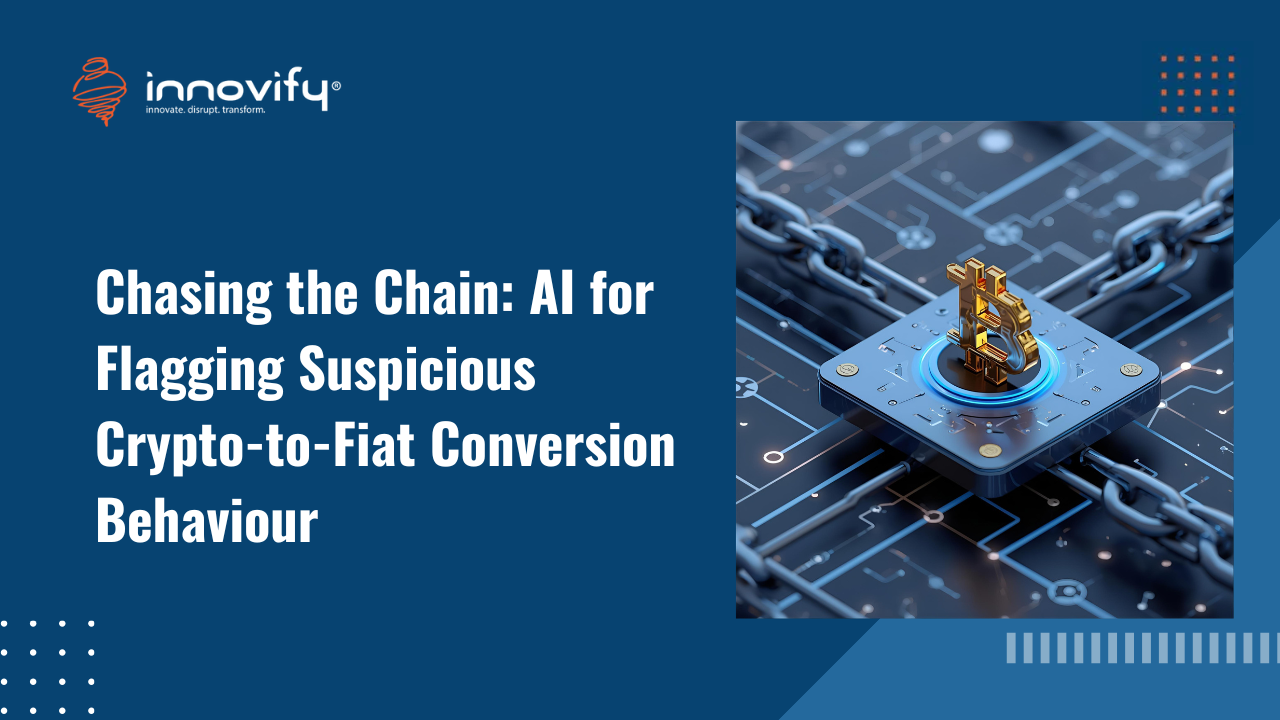AI/ML
Things You Must Know Before Starting an AI/ML Project
Embarking on an Artificial Intelligence (AI) or Machine Learning (ML) project is an exciting journey that holds the promise of innovative solutions and significant business impact. However, it’s not without its challenges that come with AI & ML project. Understanding the foundational aspects and prerequisites can greatly enhance the chances of your project’s success. Here are crucial insights and strategies to consider before starting your AI/ML project.
1. Clear Objective and Scope for your AI/ML Project
Begin with a well-defined problem statement with the clear understanding on what business or operational problem are you aiming to solve with AI/ML project. Set the clear directions by defining the scope and objectives early on helps in aligning the project goals with business outcomes.
2. Data Readiness for your Machine Learning Project
Data is the only need of any successful AI and machine learning projects, hence evaluate the availability, quality, and relevance of your data. Consider factors such as data volume, variety, veracity, and velocity to ensure you have access to clean, high-quality data and understand the legal and ethical implications of using this data.
3. Technology and Infrastructure for an AI ML Project
Assess the technology stack and infrastructure needed for your AI/ML project. This includes hardware (servers) and software (programming languages, frameworks, libraries). Using a cloud platforms offer scalable solutions for storage and computing power, which are essential for processing large datasets and training models.
4. Talent and Skills for AI Project
AI/ML projects require a team with a diverse set of skills, including data science, data engineering, software development, and domain expertise. Assess your current team’s capabilities and consider hiring an AI/ML experts or investing in their training to fill any gaps.
5. AI/ML Project Management and Methodology
AI and ML projects often involve experimentation and iterative development. So, adopt an Agile project management methodology that supports flexibility to accommodate the evolving nature of AI/ML projects. Regular reviews and adjustments to the project plan will be necessary as the AI & machine learning project progresses.
6. AI & ML Project Ethical Considerations and Bias
AI systems can inadvertently perpetuate or amplify biases present in the training data. It’s essential to address ethical considerations and actively work to identify and mitigate bias in your models. Establishing ethical guidelines and regularly reviewing AI decisions for fairness and bias are critical steps.
7. Integration and Deployment for Artificial Intelligence Project
Plan for the integration of your AI/ML solution into existing systems and workflows. Consider the compatibility, scalability, and security of the AI project. Deployment strategies should also include monitoring and maintenance plans to ensure the system performs as expected over time in your artificial intelligence project.
8. Regulatory Compliance and Privacy for Machine Learning Project
Understand the regulatory landscape related to AI in your industry, especially concerning data privacy and protection. To avoid any legal and reputational risk, compliance with regulations such as GDPR in Europe or CCPA in California is crucial.
9. ROI and Impact Measurement of Artificial Intelligence Project
Establish metrics and KPIs to measure the impact of your AI/ML project on the target problem and overall business objectives. This will not only help in quantifying the success of the project but also in justifying the investment in AI/ML initiatives.
10. Continuous Learning and Evolution for your AI & ML project
Encourage a culture of continuous learning and improvement within your team, hence staying informed about the latest research, technologies, and best practices is crucial for the ongoing success of your project.
Starting an AI/ML project is a significant undertaking that requires careful planning and consideration. By addressing these key areas, organizations can increase the likelihood of their AI/ML projects delivering meaningful and sustainable value. Remember, the journey of AI/ML implementation is as much about the technology as it is about the people, processes, and data that drive it.




